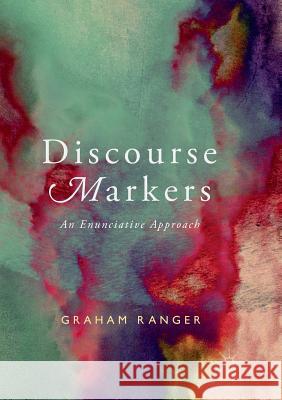Discourse Markers: An Enunciative Approach » książka
topmenu
Discourse Markers: An Enunciative Approach
ISBN-13: 9783319890081 / Angielski / Miękka / 2019 / 314 str.
Kategorie:
Kategorie BISAC:
Wydawca:
Palgrave MacMillan
Język:
Angielski
ISBN-13:
9783319890081
Rok wydania:
2019
Wydanie:
Softcover Repri
Ilość stron:
314
Waga:
0.39 kg
Wymiary:
21.01 x 14.81 x 1.75
Oprawa:
Miękka
Wolumenów:
01
Dodatkowe informacje:
Wydanie ilustrowane











